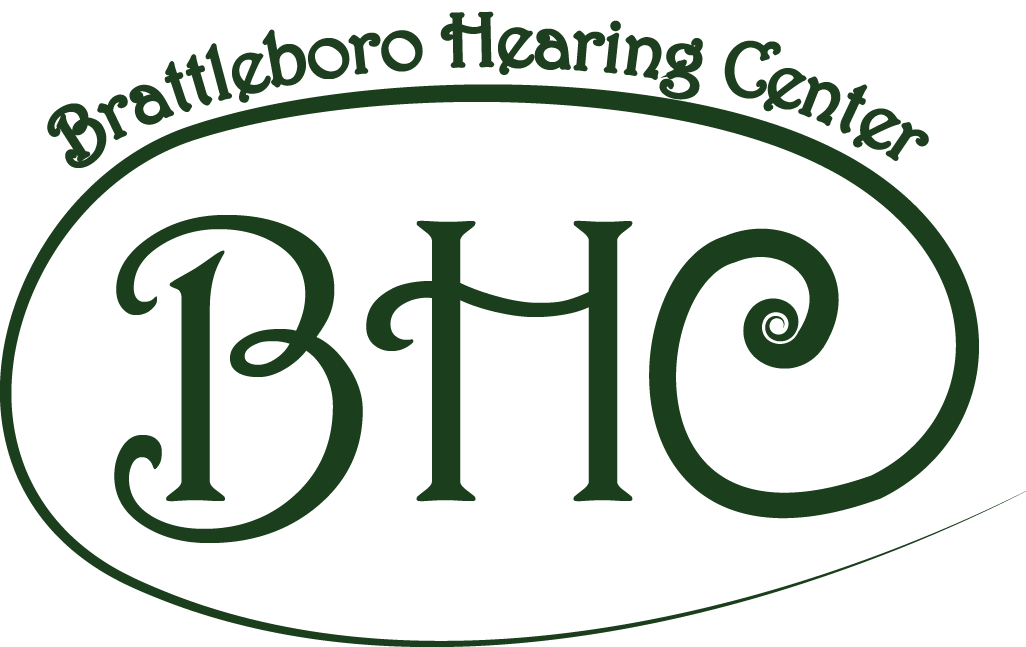The hearing healthcare landscape can feel like a mine field. The sheer volume of deals!deals!deals! advertising combined with the complexity of technology and the plethora of providers can leave you feeling like it is insurmountable. Fear not – we’ve got some tips to help you find a provider that will fit your needs.
#1 – Ask people you trust.
Start with your primary care doctor. Every hearing loss is a medical issue, and your primary care doctor has likely referred hundreds of patients to local providers. They will know who is reputable in your area, and whose patients are happy. Don’t forget to ask your friends and family as well. If they have had a particularly good experience with a local provider, they’ll be happy to share it. If they aren’t happy, they’ll share that, too!
#2 – Look for an audiologist, not a hearing aid dispenser.
An audiologist is a masters or doctoral level clinician who has had training in diagnostics, hearing aids, balance problems, and tinnitus care. We receive a well-rounded education in order to be able to diagnose different types of hearing loss, and refer to physicians when necessary. A hearing aid dispenser is a state-licensed individual who passed a test to be able to dispense hearing aids. There are dispensers out there who are very good at what they do, but you should always start with an audiologist to have your hearing loss properly diagnosed and make sure there are no medical red flags that warrant further treatment.
#3 – Find someone who follows Best Practices.
Like all medical fields, audiologists should be following “best practices” as set out by our national professional organizations to ensure the best outcomes for our patients. Unfortunately, not all audiologists will take the time and energy to do so. Arguably the most important aspect of best practices is Real Ear Measurement. (See our blog post here). If your prospective provider does not provide Real Ear Measurement, they are not adhering to best practices, and you’ll have better results with a different provider.
#4 – Ask what hearing aids a provider works with.
There are five big hearing aid manufacturers: Oticon, Phonak, Signia (and Widex), Resound, and Starkey. Good providers will work with at least two manufacturers. No one company can satisfy the audiological needs of every single hearing loss. If a provider wants to be able to offer the best solution to everyone who comes in their door, they will need to work with more than one manufacturer. Any provider that works with one and only one manufacturer is either owned by that manufacturer or beholden to them in some way.
#5 – Make sure the hearing aids are unlocked.
There are providers out there who “private brand” their hearing aids. For example, they could be selling Resound hearing aids, but they aren’t called Resound hearing aids, they are labeled something completely different. Those aids will be locked into that provider, or only providers in that particular network. Examples of this are MiracleEar, Beltone, and the Costco brand, to name just a few. You’ll want the freedom to travel or move away, and see another provider for help with your aids if needed, and if they are locked into one provider or network, this is much harder to do.
#6 – Ask how services are provided for the aids.
Traditionally, the services of the provider have been “bundled” in with the cost of the hearing aids. For how long, and what that includes, is often not clear. Ask your prospective provider what other costs you can expect to incur over time. People who have “unbundled” their service from their hearing aid sale are going to sell less expensive hearing aids, but then you have to take into account the maintenance and repair of the aids as they age.
#7- AND MOST IMPORTANT – Find someone you are comfortable with.
Hearing loss is a very personal issue. Hearing loss profoundly affects how you interact with people. Not just people on the bus or at the grocery store, but with your loved ones. It’s hard to talk about the difficulty you have hearing, and you’re going to want to work with someone who you feel comfortable with, someone you can talk to. Getting hearing aids is not like walking into the cell phone store and picking out a new gadget. Hearing aids are a journey, and your conductor on that journey should be someone that you trust. Use your gut. Don’t be afraid to meet with several providers. It’s a big decision and you should find someone who helps you feel confident and secure.
© 2020 Brattleboro Hearing Center
